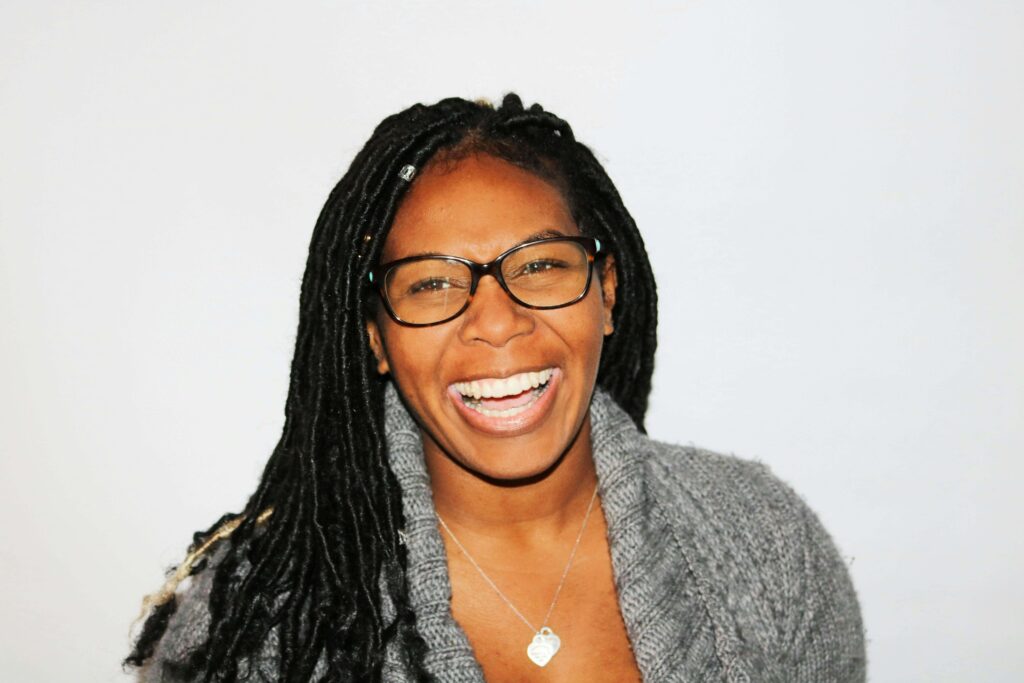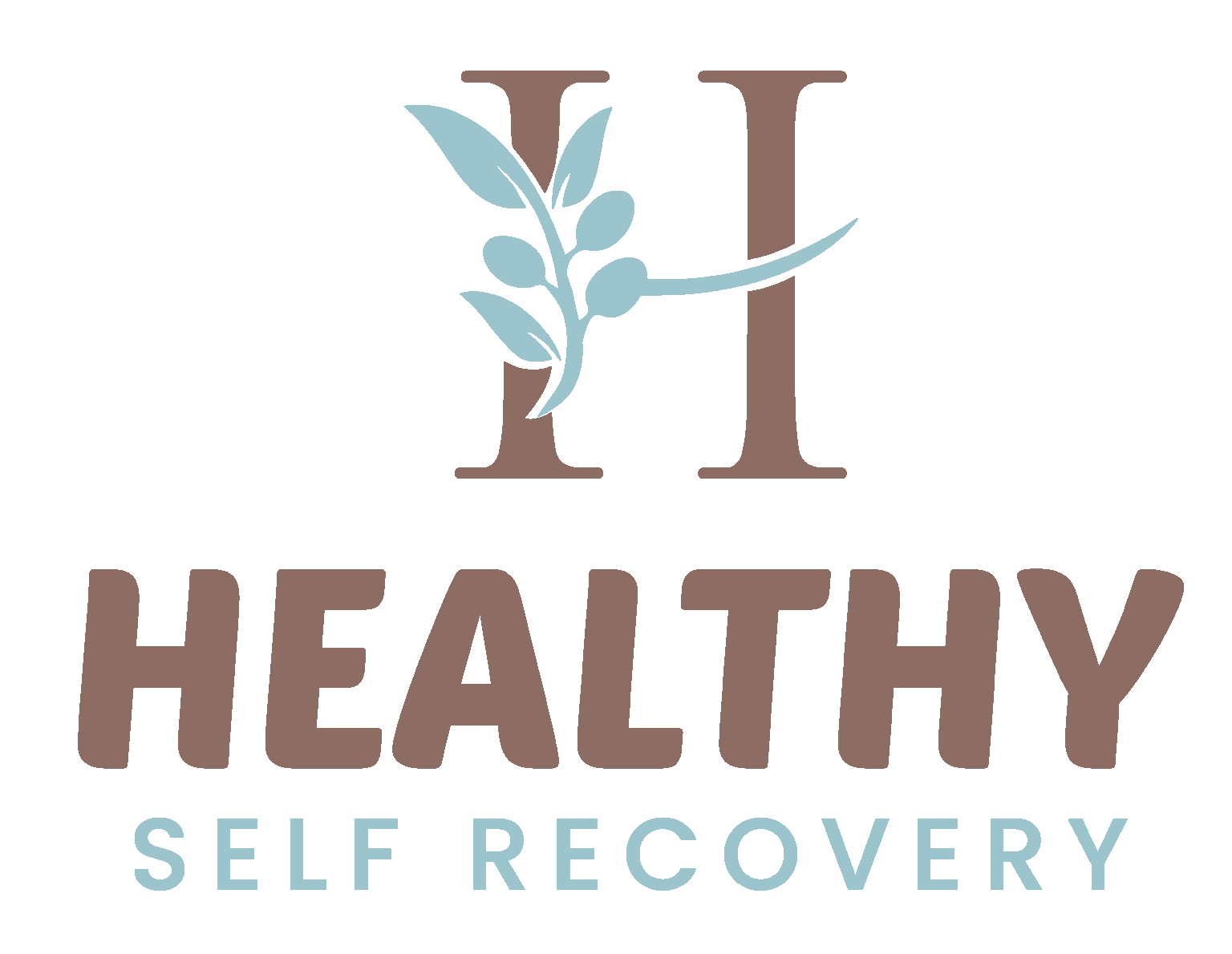While eating disorders are most often associated with adolescence and early adulthood, we know that eating disorders are increasingly affecting women over the age of 40, a demographic that is often overlooked in the discussion of mental health and eating disorders. Eating disorders do not discriminate and can affect women at any stage in their lives, but midlife in particular brings its own unique stressors that increase the risk of an eating disorder. In fact, the chances of having disordered eating or an eating disorder increase exponentially as women hit midlife. By age 40, one in every 5 women has dealt with an disordered eating or an eating disorder – twice the rate of that of women at 21 years old.
Eating disorders over the age of 40 can be the result of having struggled and not recovered from a young age. They can also be the reappearance of eating disorder behaviours in response to situations, circumstances, and pressures that a woman faces in the middle years of her life. For others, it can be their first time that they have turned to manipulating food and exercise as a way of gaining control over their lives and bodies. This is where eating disorder recovery coaching can make a meaningful difference—offering guidance, understanding, and practical tools tailored to the unique challenges women face in midlife.

Risk Factors Contributing to Midlife Eating Disorders
Major Life Transitions
Midlife is rife with changes that can exacerbate or trigger disordered eating patterns. For example, this is often a time where we see couples go through the painful process of divorce or relationship issues and are having to manage children and careers through this. Re-emerging on the dating scene after a divorce can also be anxiety-provoking.
- The Sandwich Generation: Adults in middle age are often juggling the responsibility of looking after both their children as well as ageing and ailing parents. Additionally, coping with the death of a parent or a spouse can be especially painful.
- Empty Nest Syndrome: When children leave the family home to start to lead their own adult lives can be particularly upsetting and destabilising for parents. Struggling to deal with this change in situation can be very stressful for parents and can trigger feelings of loneliness and loss of purpose and relationship concerns, all of which play heavily into disordered eating.
Fluctuating Hormones
The hormonal changes that women go through during menopause can be a significant factor in developing or re-engaging with disordered eating. Some women in their early forties may be dealing with fertility issues that will play heavily on their self-esteem and sense of worth as a woman. Equally, pregnancy, with the physical changes it brings, can be a difficult time for someone who already struggles with disordered eating, and also, the postpartum period, when their body is not what it was before, and coping with a newborn can be overwhelming and stressful.
At the same time, perimenopause with its fluctuating hormones will start at some point for most women in their 40s, and then estrogen will decline as they enter menopause. This decline in oestrogen brings a cascade of symptoms such as anxiety, low mood, poor sleep, and hot flashes. At the same time, lowered oestrogen means a slower metabolism and can cause changes in body fat distribution and weight gain even when food and exercise remain unchanged. With these symptoms that affect mood and quality of life and a body that feels both very out of control and unfamiliar, some women will turn to food (restriction, calorie counting, bingeing, and purging) as a way to regain some form of structure and control over their life and body.

Societal Pressure
The relentless cultural pressure to have a slim body and youthful appearance can be particularly harmful to women as they transition into menopause. In fact, 13% of women over the age of 50 have at least one symptom of an eating disorder. Faced with a body that is naturally changing shape and appearance women can be particularly vulnerable to the ubiquitous messaging that her worth and moral value is attached to her dress size. Studies show that 3 out of 4 women in midlife feel dissatisfied with their weight or body—an issue that significantly increases their risk of developing an eating disorder.
This is particularly concerning as the diet and beauty industry seem to be particularly aggressive at marketing to this age group – with never-ending solutions, diets, workouts, pills, or procedures that purportedly will shrink their bodies smaller and prevent the natural aging process. Women of this age often feel shame and sheer panic at the changes occurring to their bodies. So coupled with the messages that are all around them, it can be a very slippery slope down into disordered eating or a full-blown eating disorder.
Embracing Recovery at Any Age: It’s Never Too Late to Heal
Reaching out for help and support with an eating disorder is very daunting at any age or stage, but it can feel more so if you are in your 40s or older. If you’ve struggled with disordered eating for decades, you might see it as part of your identity and believe the behaviors are too deeply rooted to change. But no matter your age or how long you have had an eating disorder, it is never too late to reach out for help and to change your relationship with food and your body.
As an eating disorder recovery coach who recovered from an eating disorder in her 40s, I am perfectly placed to understand and support you through your recovery and this phase of your life. The healthiest thing you can do for yourself is to reach out for help. At Healthy Self Recovery, we specialize in eating disorder recovery coaching, offering the guidance and support you need to heal and thrive. The healthiest thing you can do for yourself is to reach out for help.

Begin Healing With Eating Disorder Recovery Coaching in the UK and Online Globally
You don’t have to navigate eating disorder recovery alone—support is available for you at any stage of life. At Healthy Self Recovery, we understand the unique challenges women in midlife face and are here to help you heal your relationship with food and your body. Reach out today to start your journey with compassionate eating disorder recovery coaching tailored to your needs. Follow these three simple steps to get started:
- Contact me to schedule a free discovery call to see if Eating Disorder Recovery Coaching is right for you.
- Begin meeting with me, Marianna Miles, a British eating disorder recovery coach
- Start healing your relationship with food and your body!
Additional Services Offered at Healthy Self-Recovery
At Healthy Self Recovery, I provide personalized support to help you navigate eating disorder recovery with confidence and clarity. My eating disorder recovery coaching sessions focus on easing food-related anxieties, offering both emotional guidance and practical strategies in a compassionate, judgment-free space. With continuous encouragement and text support, you’ll feel reassured and empowered throughout your healing journey. I also work closely with your medical team to ensure a well-rounded, holistic approach tailored to your needs. Together, we’ll create a sustainable path toward self-trust, food freedom, and long-term recovery. My services are available across the UK, including England, Scotland, and Ireland, with online coaching accessible worldwide.








